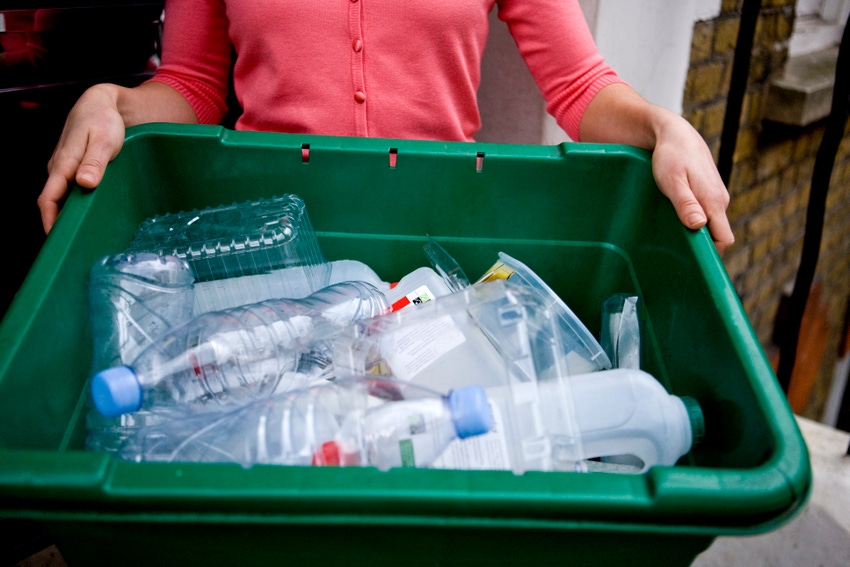The state’s first step is to get individuals and companies to recycle more, and its second step is to encourage more participation in composting and yard waste collection programs.

Last year, a study conducted by Colorado Public Interest Research Group and Eco-Cycle revealed that the City of Denver only recycles 18 percent of the waste generated by single-family homes and apartments with less than seven units. That recycling rate is just slightly below the statewide average recycling rate of 19 percent, which is well below the national average of 35 percent.
In an effort to increase its recycling rate, Denver Public Works formed a partnership with The Recycling Partnership last month to implement an education program on four pilot routes. And now, the state has set its first-ever waste diversion goals to help bring the state’s recycling rate up to the national average by 2026.
The state’s first step is to get individuals and companies to recycle more, and its second step is to encourage more participation in composting and yard waste collection programs.
CPR has more details:
Something to think about the next time you look for a place to dump that can or bottle: Colorado is doing much worse at recycling that most other states. Currently, 19 percent of what we throw away is diverted away from landfills, well below the national average of 35 percent.
The state is trying to tackle that problem by settings its first ever waste diversion goals. The plan is to bring Colorado's rate up to the national average by 2026, and then push for a more ambitious 45 percent diversion rate a decade later.
"Waste diversion and recycling are a challenge here for a couple of reasons," says environmental protection specialist Wolf Kray with the Colorado Department of Public Health and Environment. "Since we don't have a lot of manufacturing in-state, most of what we generate winds up being exported. So that makes things a little tricky."
About the Author(s)
You May Also Like


